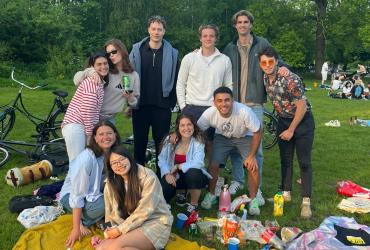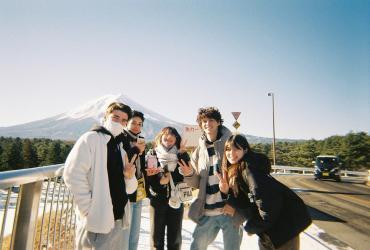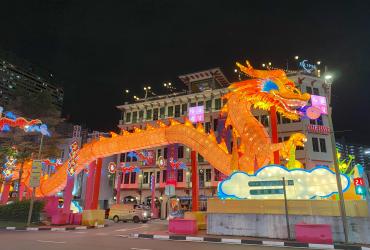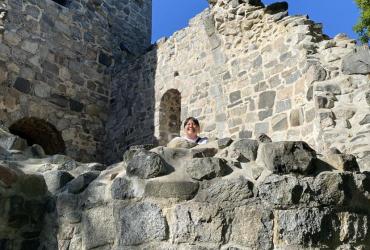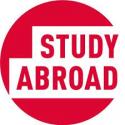Packing
I started packing early on so that if there was something I needed to purchase I had enough time to do so. I tried to keep one of my suitcases a tad less full as I knew I would likely be purchasing items there and bringing them back. Some item that I was really glad I bought specifically for exchange was a microfibre towel. It's really compact/quick drying and especially useful if you are planning to travel while on exchange. I also took a backpacking backpack as my carry-on as it was useful for travelling while there as well. I had packed some sheets and pillowcases with me, however, my housing provided this, so double-check to see what is needed. As well, often the previous tenant will leave kitchen items behind that you can then use. I really liked having a journal with me, so that I could keep notes about certain events.
Be sure to pack warm layers because depending on when you go to Amsterdam it can get really cold (similar to Vancouver). I went in the spring and wore my puffer up until April. Also pack a light rain jacket, since you will be primarily biking everywhere. Be sure to also take a good pair of walking shoes.
Travel and Transportation
- I took a taxi along with other SFU students to our housing
- I booked a round trip for my flight with a flex ticket so that I could change my return date if needed.
- The main mode of transportation in Amsterdam was biking. I highly recommend renting from Swapfiets (main bike rental) as it's about $30 a month, and much cheaper than transit. Also, because Amsterdam is quite small, it's quick and easy to get anywhere by bike. However, I would recommend watching a video on the biking rules ahead of time.










